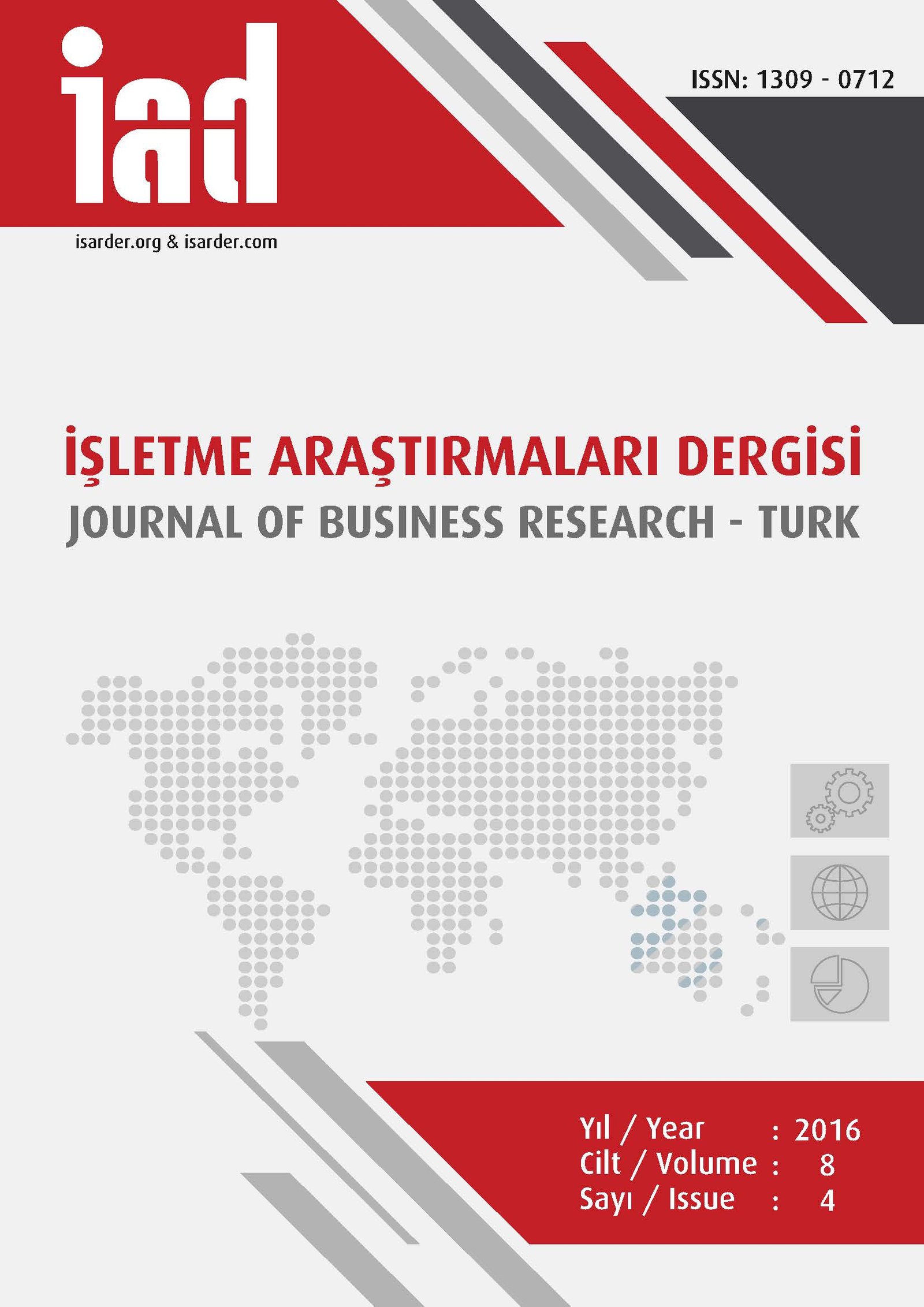The Relationship between Organizational Culture and the Perception of Information Security on the Axis of Cameron-Freeman Organizational Culture Types: An Application in Government Universities
Keywords:
Organizational Culture, Competing Values Approach, Information Security, Principles of Information SecurityAbstract
In this study, defining the overall cultural profile of the government universities in Turkey on the axis of Cameron-Freeman organizational culture types, presenting the academicians' perception of information security based on the principles of information security and investigating the relationship between the organizational culture types and the perception of information security by correlation analysis were aimed. In research, data were gathered from 3.023 academicians of 106 government universities in Turkey via survey method. Questions about the Cameron and Freeman organizational culture types were prepared using the Organizational Culture Assessment Instrument developed by Cameron and Quinn (2006). In preparing the questions about the perception of information security, the scale developed by Chang and Lin (2007) was used. In data analysis, SPSS 21 package program was used. According to the findings, in overall cultural profile of the government universities in Turkey it was concluded that hierarchy was dominant culture and the perception level of availability was greater than other principles' perception of information security. Moreover, in between the organizational culture types and the academicians' perception of information security, statistically significant, positive and moderate level relationship was observed.
Downloads
Published
How to Cite
Issue
Section
License

This work is licensed under a Creative Commons Attribution-NoDerivatives 4.0 International License.





